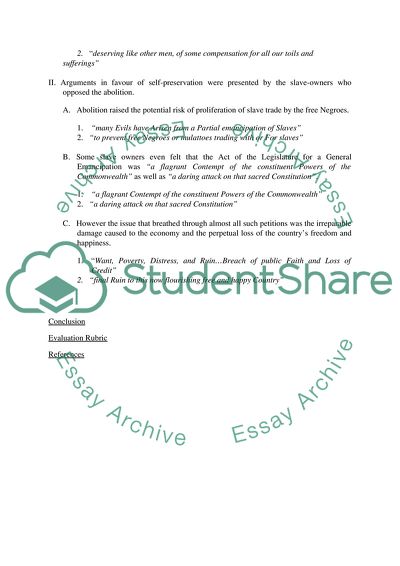Cite this document
(Slaves vs. Slave-Owners Assignment Example | Topics and Well Written Essays - 1500 words - 1, n.d.)
Slaves vs. Slave-Owners Assignment Example | Topics and Well Written Essays - 1500 words - 1. https://studentshare.org/history/1805582-slave-vs-slave-owners
Slaves vs. Slave-Owners Assignment Example | Topics and Well Written Essays - 1500 words - 1. https://studentshare.org/history/1805582-slave-vs-slave-owners
(Slaves Vs. Slave-Owners Assignment Example | Topics and Well Written Essays - 1500 Words - 1)
Slaves Vs. Slave-Owners Assignment Example | Topics and Well Written Essays - 1500 Words - 1. https://studentshare.org/history/1805582-slave-vs-slave-owners.
Slaves Vs. Slave-Owners Assignment Example | Topics and Well Written Essays - 1500 Words - 1. https://studentshare.org/history/1805582-slave-vs-slave-owners.
“Slaves Vs. Slave-Owners Assignment Example | Topics and Well Written Essays - 1500 Words - 1”. https://studentshare.org/history/1805582-slave-vs-slave-owners.


